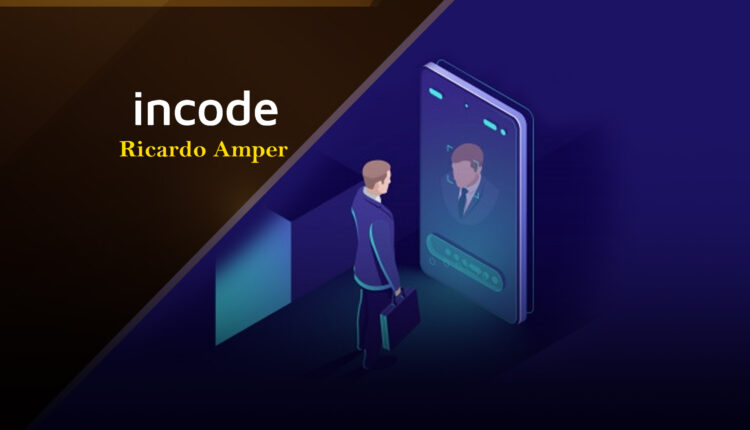The Benefits of Secure Biometric Identity Solutions in a Post-COVID-19 Work Era
Written By Ricardo Amper, CEO, Incode
Over the past few months, the Covid-19 pandemic has challenged humanity in unimaginable ways. It has completely changed our daily habits and routines, and put to test some of the most basic social and economic norms across our local communities, businesses, public health systems, and governments. It has challenged our ability to learn, adapt and adopt new ways to function in a social-distanced economy.
Most of the world is realizing that life will never be the same until a vaccine is developed and widely available. Fortunately, technology has eased some of the pain points that the pandemic and social distancing have created. Many digital solutions have boomed in this period. This includes everything from e-commerce sites and digital content streaming platforms, to internet-based teleconferencing services becoming the new norm to communicate and interact on a daily basis. Today humans are leveraging technology solutions to keep our world from collapsing.
HR Technology News: TecHRseries Interview with Venkat Ramasamy, COO and VP Marketing for FileCloud
There are three main trends in the biometric identity solutions space that will shape the post-Covid-19 world:
Contactless Experiences
We are now unwilling – or at the very least nervous about – physically interacting with objects, particularly those that come in contact with other humans. This includes everything from presenting your credit card to the cashier to pay for groceries, to touching a doorknob or a handrail at the subway, to riding a cab. We are all afraid to touch any surface that might be put us at risk.
Fortunately, secure biometric identity solutions are allowing companies to develop new contactless experiences that eliminate – or at least significantly reduce – that risk for their customers. Here are some examples:
- Hotel guests are now able to check-in using their face
- Consumers can get cash from an ATM without typing any PIN number, but simply by presenting a face in front of the machine
- Consumer can buy groceries and pay using facial biometrics
That’s just a sampling of how companies are leveraging biometric identity solutions to enable their customers to enter this “new normal.”
HR Technology News: Create a Successful Environment for Freelancers
Covid-19 Test Digital Certification
Biometric identity solutions are also enabling businesses to get their employees back to work safely. Digital solutions tied to biometrics provide a different threshold of security when identity matters. For example, ensuring that Covid-19 testing and antibody testing results are sent to the individual becomes of the utmost importance when companies are trying to minimize risk of infection.
In the travel and tourism industries, biometric solutions are helping companies ensure employees have a digital certification providing evidence that they are negative (or have the antibodies) in order to safely make their journeys without posing a risk to travellers.
Monitor and Track execution of Covid-19 Guidelines and Protocols
Companies need to comply with guidelines and measures to make their workers safe, but most of these protocols require that the employees themselves comply with many of those preventive measures. Among them are frequent hand sanitization, wearing masks, constantly checking for symptoms, and testing frequently. Biometrics can help companies monitor compliance of these preventive measures in a secure, non-intrusive and consensual way. By using biometrics, employees can provide their employers with evidence of their behavior and adherence to those protocols that will make everyone safer in their workplace.
There has been a lot of debate around how far we need to go to ensure safety. Many people have raised privacy issues against contact-tracing applications, such as the ones that Google and Apple have developed. Some countries, particularly in Asia, have used these technologies to limit the spread of the virus. But many Western countries are worried about the use of these geo-tracking devices due to privacy concerns. But, if used wisely, they can help detect infection, as well as grant access from employers to medical records.
The current challenge may change how many of us think about the tradeoffs between privacy and safety the same way 9/11 changed our view on seamless travel versus security and safety. However, we can attain the best of both worlds. As long as security, privacy and consent are at the center of any of these applications, and users have full control of their data and privacy, companies and individuals will eventually adopt them.
As the world continues to navigate through these uncertain times, there is no doubt that science and technology will allow us to overcome these challenges faster and safer. We’re in the very early stages of this virus – and the means to contain it – but it won’t be long until we see biometrics technology play an even bigger role in keeping people safe.
HR Technology News: 11 Employee Engagement Ideas for Software Companies

